China’s semiconductor index rose to a three-year high on Tuesday (November 11), as markets bet that trade sanctions from the United States could accelerate Beijing’s drive for self-sufficiency.
The US Commerce Department has banned TSMC, the world's largest contract chipmaker, from selling certain advanced semiconductor products to Chinese customers. The sanctions were imposed late last week and take effect today, November 11.

US trade sanctions are both a challenge and an opportunity for Chinese technology companies.
The move may lead to some short-term difficulties for Chinese companies involved in designing chips for artificial intelligence (AI) accelerators and graphics processing units, but could benefit the domestic chip industry as these businesses have few alternatives and must rely on their own production, analysts said.
The CSI Semiconductor Index rose more than 6% in today's trading session to its highest since December 20, 2021, while the CSI Integrated Circuit Index rose 5%. Shares of SMIC, China's largest chip foundry and the country's main alternative to TSMC, rose more than 4%.
“In the medium and long term, this will force Chinese enterprises to reorganize their supply chains, increase demand for domestic advanced technology manufacturing capacity, and promote technological breakthroughs in upstream semiconductor equipment and materials,” said Chinese brokerage Cinda Securities.
In October, TechInsights discovered TSMC chips in Huawei’s Ascend 910B when it disassembled the multi-chip processor. As a result, TSMC had to report the incident to the US Department of Commerce and launch a detailed investigation into the incident. TSMC then stopped supplying semiconductor chips to Sophgo, a company based in China.
Several Chinese tech companies and chip designers have sought to design their own advanced processors in recent years after the United States imposed sanctions on tech giant Huawei Technologies and banned global leaders like Nvidia and AMD from selling their most sophisticated chips to China.
Many rely on Taiwan-based TSMC, a contract chipmaker larger than Nvidia, to supply advanced chipmaking components. According to Cinda Securities, 11% of TSMC's revenue comes from the Chinese market.
Over the weekend, Reuters news agency reported that the US has imposed export restrictions on TSMC chips with 7 nanometer designs, or more advanced.
The only foundry in China capable of manufacturing chips at the 7nm technology level is SMIC, which is known for helping Huawei produce chips used in its latest smartphones, including the Mate 60 and Pura 70 versions.
Analysts predict that SMIC has been manufacturing such advanced chips using equipment supplied by companies such as ASML of the Netherlands and Applied Materials of the US, which it had stockpiled before the US sanctions took effect.
However, SMIC has struggled to ramp up production due to US export controls that prevent it from purchasing the equipment needed to produce advanced chips, while domestic alternatives are not ready for the effort.
According to a Reuters report from February, due to production constraints, SMIC had to prioritize making AI chips for Huawei, rather than smartphone chips, as the former was considered a more strategic priority.
(Source Reuters)
Source: https://www.baogiaothong.vn/lenh-trung-phat-tu-my-dua-chi-so-ban-dan-trung-quoc-len-cao-nhat-trong-3-nam-192241111191100327.htm



![[Photo] Prime Minister Pham Minh Chinh receives CEO of Standard Chartered Group](https://vstatic.vietnam.vn/vietnam/resource/IMAGE/2025/4/2/125507ba412d4ebfb091fa7ddb936b3b)
![[Photo] Prime Minister Pham Minh Chinh receives Deputy Prime Minister of the Republic of Belarus Anatoly Sivak](https://vstatic.vietnam.vn/vietnam/resource/IMAGE/2025/4/2/79cdb685820a45868602e2fa576977a0)

![[Photo] Comrade Khamtay Siphandone - a leader who contributed to fostering Vietnam-Laos relations](https://vstatic.vietnam.vn/vietnam/resource/IMAGE/2025/4/3/3d83ed2d26e2426fabd41862661dfff2)
![[Photo] General Secretary To Lam receives Russian Ambassador to Vietnam](https://vstatic.vietnam.vn/vietnam/resource/IMAGE/2025/4/2/b486192404d54058b15165174ea36c4e)



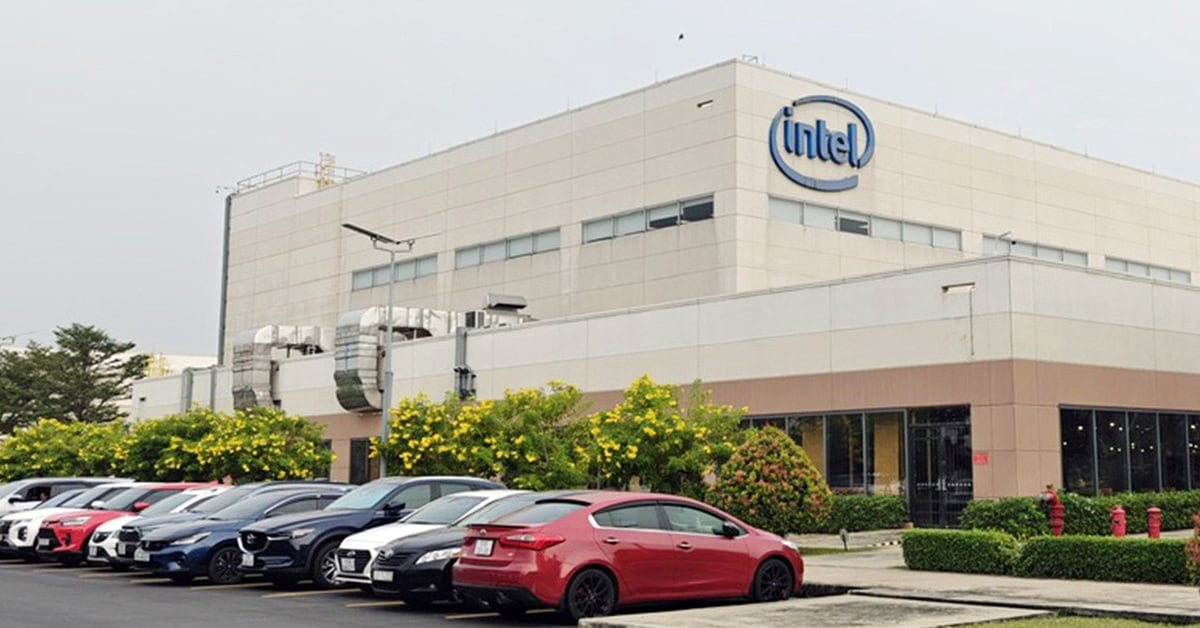

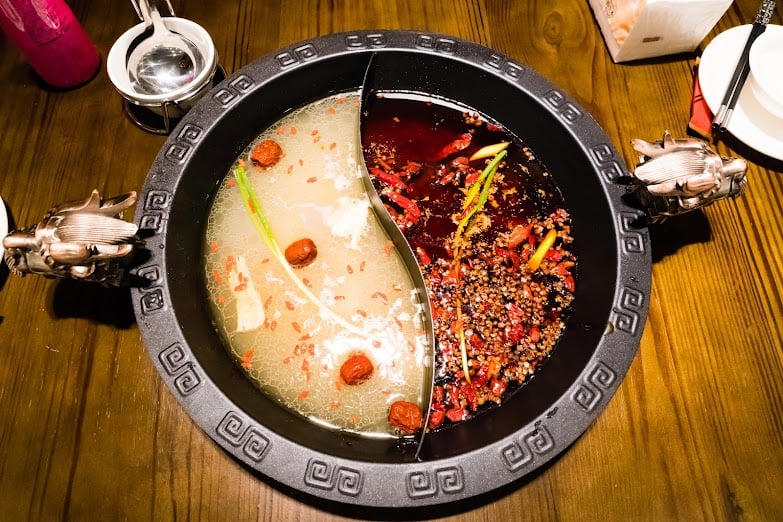





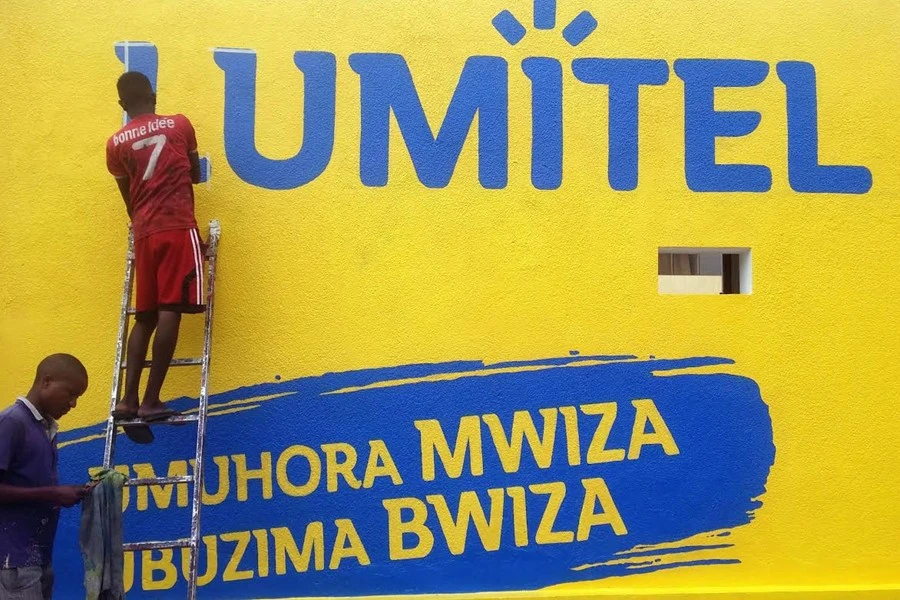

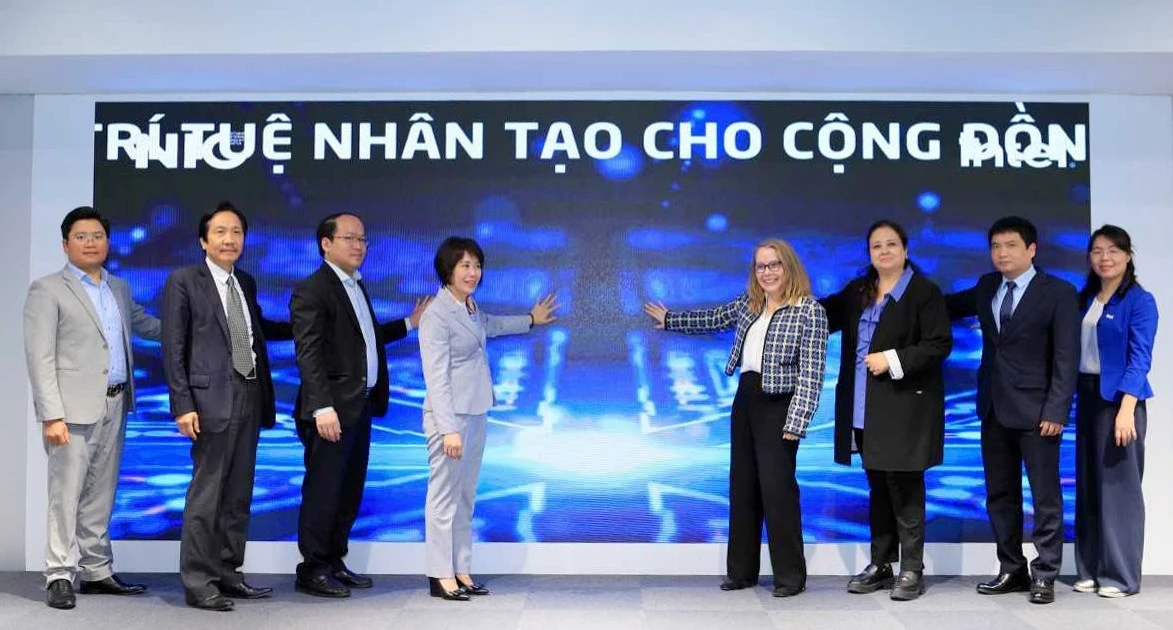

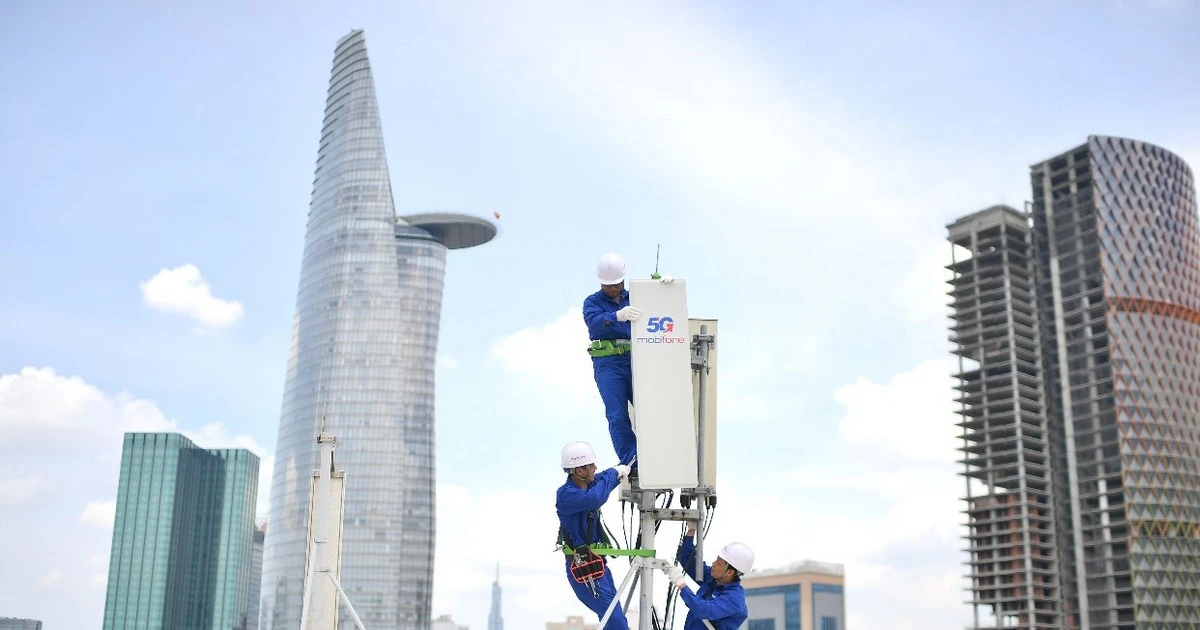






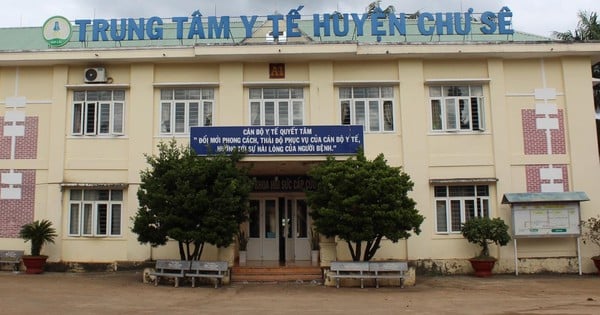

















































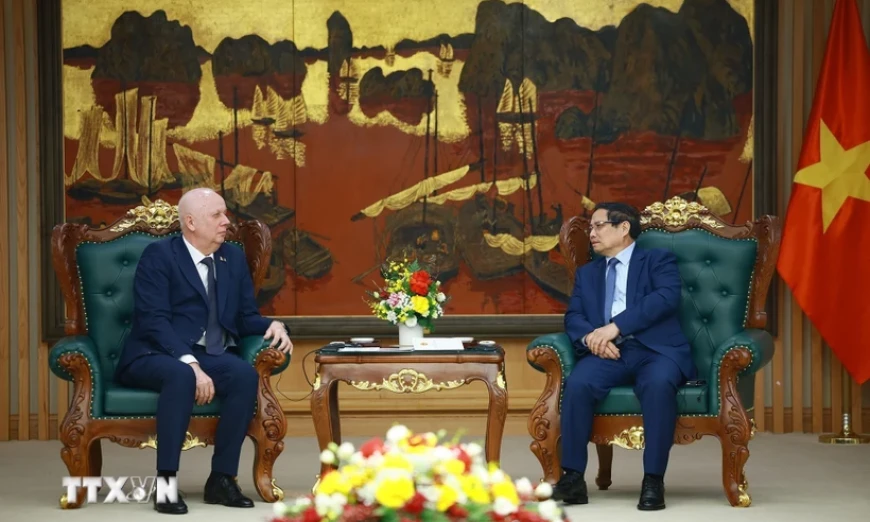
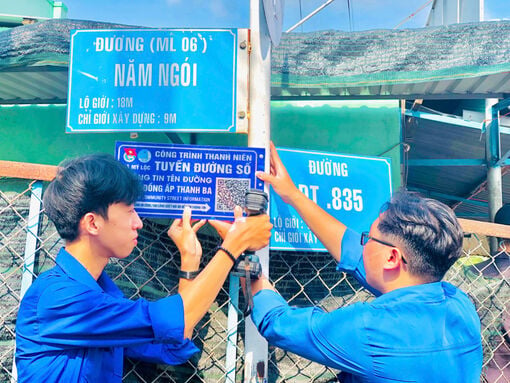
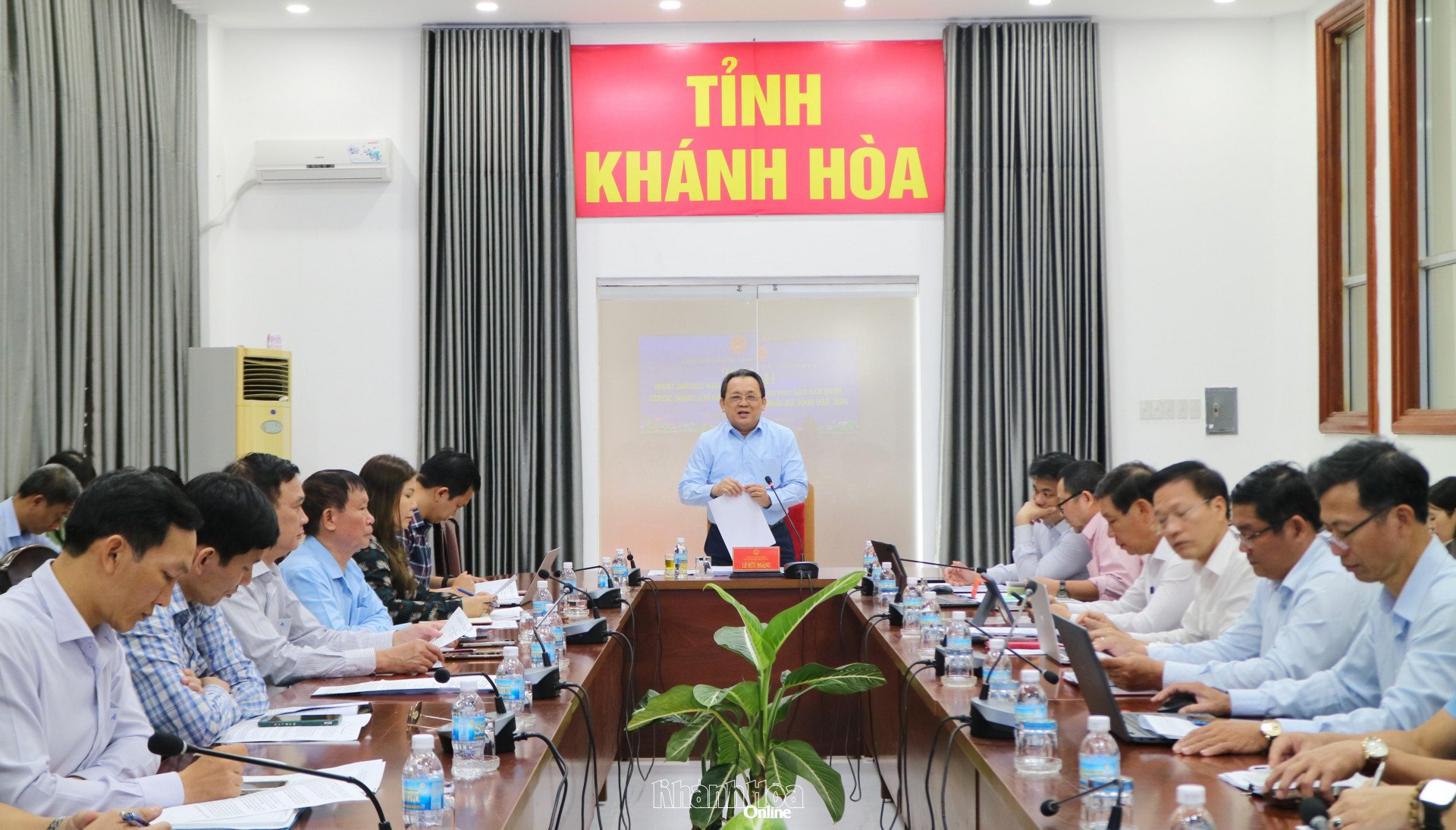
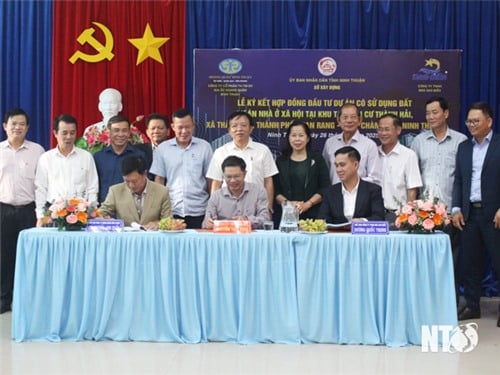
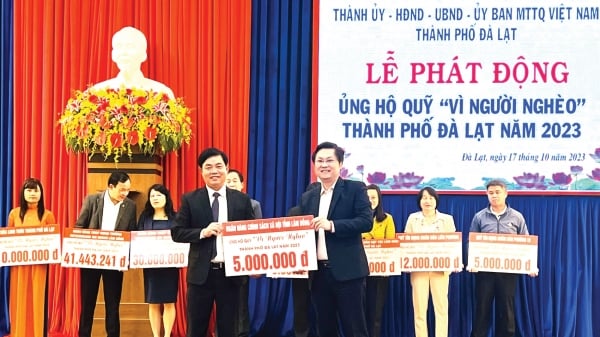
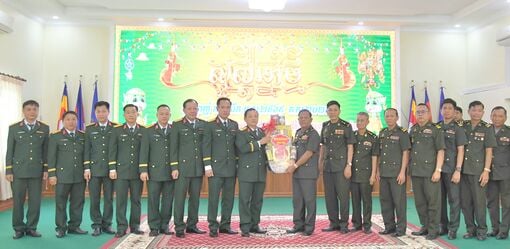












Comment (0)